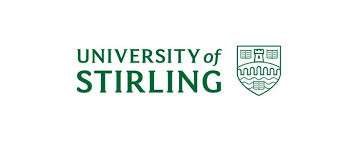Texts are all around us – from books and magazines to TV, email and the internet. The ability to analyse them and their often subtle meanings is a skill that can open doors in a wide range of professional fields.
English Studies at the University of Stirling offers you the perfect chance to dedicate yourself to reading and enjoying a range of great novels, plays and poems from across the world. Your own creative writing can form part of this degree, too – as we believe it aids your understanding of literary style and technique and develops your imagination. You’ll also have the opportunity to take a range of language-based courses which will inform your understanding and appreciation of literary texts. These are just some of the factors that make our BA a little different from other English courses.
You’ll study literary works from the medieval period to the present day, as well as learning about linguistics, creative writing and the history of the English language. Along the way, you’ll benefit from top-rated teaching, visits from outside experts and the annual staging of the Booker Prize Initiative on campus – giving you the opportunity to meet world-renowned contemporary authors and discuss their work.
You also have the freedom to take English Studies with other courses and earn a combined honours degree tailored to your unique ambitions.
In Semesters 1-2, you’ll take compulsory modules: Introduction to English Studies 1: Genres; and Introduction to English Studies 2: Theories and Approaches; plus four additional modules from other disciplines, which could include Linguistics.
In Semester 3 you will study Literary Revolutions, and in Semester 4, you’ll study a choice of core modules including: Writing and History; Writing and Theory; and Writing and Language. In Semester 5, students choose from several period-based modules, such as: Modernism and Modernity; British Romanticism; Renaissance Literature; The Literature of the Middle Ages; and Victorian Literature and Culture.
Semesters 6 and 7 cover a range of optional modules which may include: Speculative Fiction; Modern Gothic; Scotland’s Lost Renaissance; American Literature; Shakespeare’s Theatre; Tragedy; Pen, Print, and Press: Documenting the Eighteenth Century; Talking on Paper: The Essay as Literature; Consuming Dickens in the Twenty-First Century; and Creative Writing.
The final semester will be spent writing your dissertation, supervised by your tutor.

